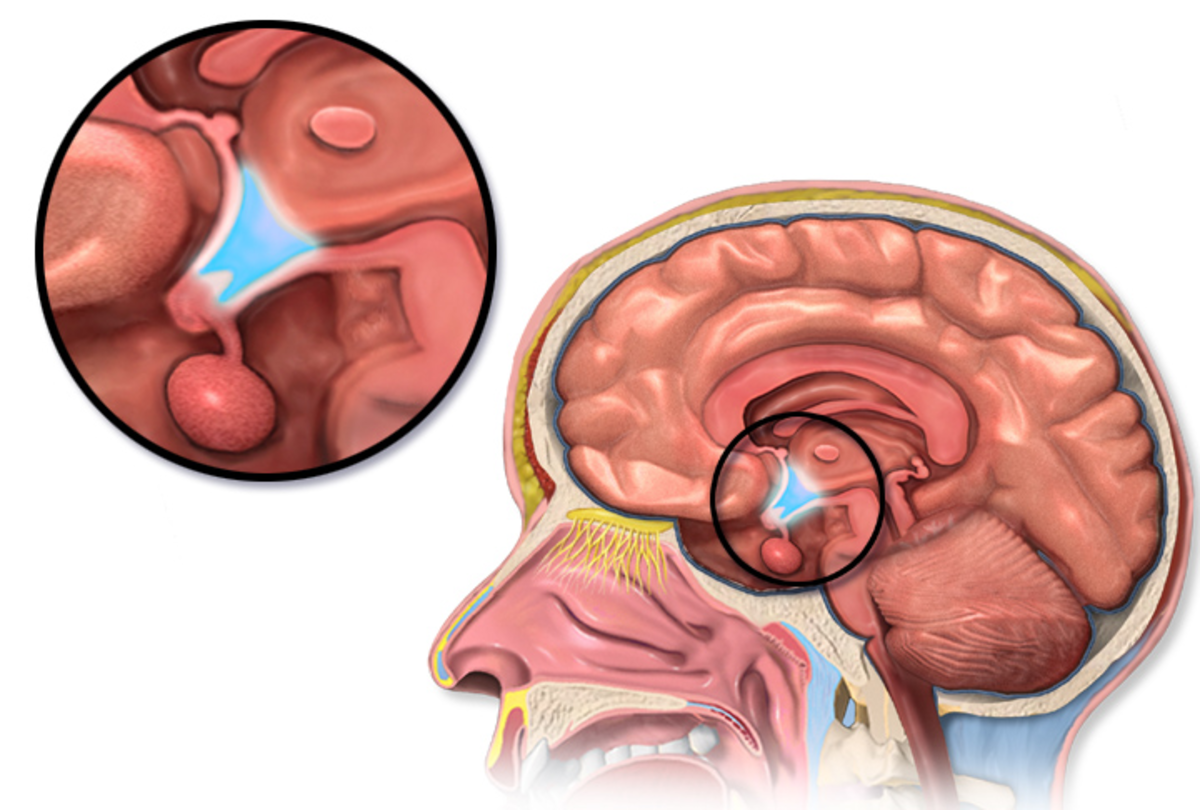Leptin diet and lifestyle

Many of us will be aware of buzzwords - leptin diet and leptin lifestyle, which are making their presence felt everywhere in the media as well as in our interpersonal communications. These two buzzwords are related to leptin hormone, the levels of which in the bloodstream actively determine fat metabolism leading to either fat loss or fat gain.
Leptin hormone is also called satiety hormone because it regulates food intake by sending signals of satiation to the brain. Leptin is a protein that is manufactured in fat cells of our bodies and it makes one eat less if its levels are high in the blood stream.
Leptin resistance -
Another related buzzword – leptin resistance - is also commonly heard. Since leptin is produced by the fat cells, obese people have very high levels of leptin in their blood. However, it is found that leptin signals aren’t working so that the individuals don’t know when to stop eating. As a result, whole lot of leptin is floating around in the bloodstream unable to perform its function. This condition is known as leptin resistance. It can cause hunger and reduced energy expenditure. Leptin resistance is now believed to be the main biological abnormality in human obesity.
In fact, leptin diet and leptin lifestyle can effectively reverse leptin resistance and, therefore, help regulating body fat. By regulating leptin hormone, we can achieve a healthy weight, increased energy, improved blood sugar metabolism, and can, therefore, improve overall health.

Leptin diet –
What we eat is as important as when we eat. Leptin diet includes following features that are required to be followed sincerely for it to be successful:
- Leptin diet encourages us to eat fresh, organic foods whenever possible.
- On this diet, you neither religiously count calories nor totally ignore them. Keep your three daily meals within the range of 400 to 600 calories each.
- Leptin diet requires that we keep each meal with general ratios of 40% fat, 30% carbohydrates and 30% protein. Eat 50 to 75 percent of the ideal body weight in grams of protein per day and include 35 to 50 grams of fiber per day.
- Avoid sodas including diet sodas, drinks with artificial sweeteners, soy foods or drinks, energy drinks etc.
- The diet doesn’t allow snacking between meals. Instead you can try beverages without calories and artificial sweeteners: plain hot or iced tea, black coffee or lemon water.
Five rules of leptin diet –
One has strictly to observe the following five rules of leptin diet to meet success:
- Eat three meals a day, allowing 5-6 hours between meals. Do not snack!
- Do not eat large meals. Finish the meal when you are slightly less than full.
- Eat everyday a high protein breakfast, aiming for 20 to 30 grams of protein.
- Reduce the amount of carbohydrates eaten but don’t cut them out entirely.
- Never eat after dinner. Finish eating dinner at least 3 hours before bed.
Leptin lifestyle -
Besides leptin diet, there are other lifestyle factors that play important role in the reversal of leptin resistance, whereby helping in people in maintaining healthy body weight. These factors include:
- De-stress – When stressed, our body ups the production of cortisol, which can mess up the rest of hormones including leptin. So try to learn stress management techniques as your leptin levels depend on it!
- Have a good night’s sleep – People having short sleep have reduced leptin levels and elevated ghrelin (hunger hormone) levels. These differences in leptin and ghrelin are likely to increase appetite. One will feel hungrier the day after the poor night’s sleep because leptin levels have dropped conveying to the brain the need to eat. This explains the increased BMI observed in people with short sleep duration. Where chronic sleep restriction is common and food is widely available, changes in appetite regulatory hormones with sleep curtailment may contribute to obesity. Therefore, it becomes crucial that people have an adequate sleep at night in order to avoid leptin resistance so as to maintain normal healthy weight.
- Take more omega 3 fatty acids - Omega-3 fatty acids help increase leptin levels by combating inflammation in the body, which is one of the main reasons leptin resistance develops, especially among people, who are overweight or obese. So, increase your omega-3 fatty acid consumption through supplements or eating more foods rich in omega-3 fatty acids such as salmon and sardines. The University of Maryland Medical Center recommends limiting omega-3 fatty acid consumption to no more than 3 grams per day if supplements are being used.
- Increase daily dietary fiber – One should increase daily dietary fiber consumption by eating high-fiber foods such as whole grains, legumes, oatmeal and celery. Fiber gives a feeling of fullness, causing intestinal tract to send a signal to the brain to release more leptin.
- Eat more vegetables and fruits - As fruits and vegetables are high in fiber and water, while low in calories, eating more will tell your brain that you are full thereby facilitating release of more leptin. Choose whole fruits and vegetables rather than juice, as they will ensure you consume their full fiber content.
- Exercise regularly – Exercise and physical movement in general has a positive effect on leptin sensitivity. A study at the University of Florida has shown that even modest exercise allows leptin to work properly, thereby reducing weight gain. Short bursts of vigorous exercise interspersed throughout a moderate workout appear to have long term positive effects on how leptin hormone is used in the body. Small studies have demonstrated that this type of exercise, called interval training, may actually be the most effective both for fat loss and muscle growth.
Role of leptin supplements –
When it was found that leptin had a direct link to obesity, many researchers began exploring leptin as a possible treatment of obesity. When leptin-deficient subjects were given leptin in the hope of raising their leptin levels, that didn’t happen. Scientists had assumed that obese people were deficient in leptin, which turned out not to be correct. Scientists have now found no amount of leptin can overcome that resistance.
Giving leptin only helps a few extremely rare cases, in which people make no leptin at all. Consequently, this causes them to overeat and become obese. When those people received leptin by injection, they stopped overeating and lost weight. But for the vast majority of people the treatment won't work, nor is leptin approved as a medical treatment for weight loss. Essentially, research on leptin is in the experimental stage. Since leptin is a digestible protein, it doesn’t enter the bloodstream. So it can’t be taken in supplement form as the body would break it up. And that is why it can only be given in injection form.
Rather than taking supplements that haven’t been fully proven to help, overweight people have other options to aid lepin functioning, which include reducing resistance to insulin and bringing down high levels of triglycerides. The best way to achieve this is not to let blood sugar rise in the first place. Some experts believe if we take in less sugar, insulin resistance would improve and that would help with weight loss.
Reducing high triglyceride levels may help too. Too much triglyceride interferes with leptin’s journey from the blood to the brain via a leptin transporter that allows the hormone into the brain. One of the hallmarks of insulin-resistance is high triglyceride levels. Since triglyceride appears to block leptin transport into the brain, by getting triglyceride down, we can improve signalling to the brain.
The bottom line –
There exists ample evidence that leptin resistance is a driving factor in causing obesity, despite many others factor, influencing it. It is also noteworthy to know that leptin lifestyle has far reaching effects in controlling obesity. In fact, for majority of us it is easy to practice this lifestyle but it requires a good amount of discipline on the part of the individual.








